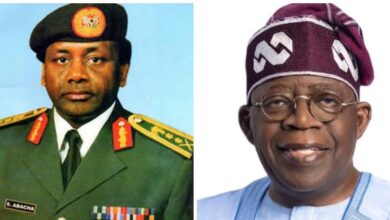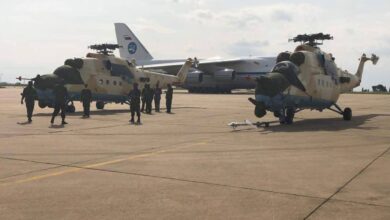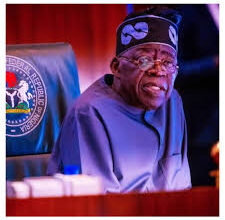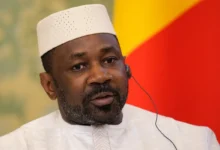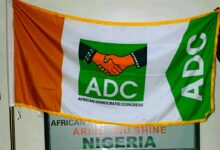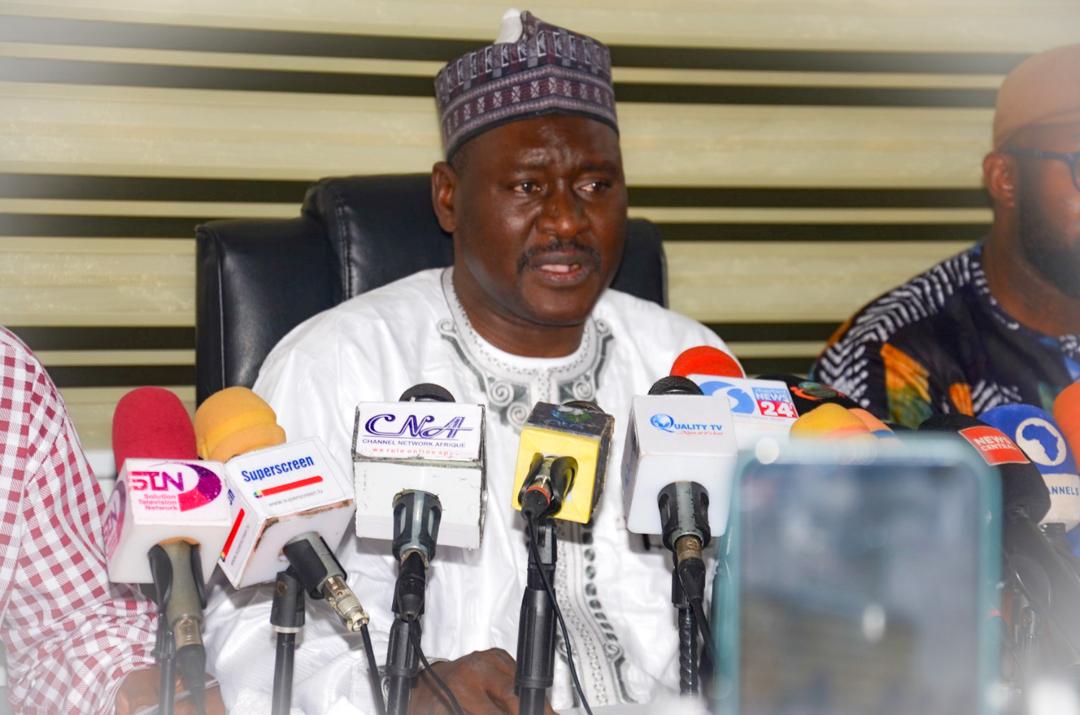Court to resume trial of Amosu, 10 others’ N22.8b corruption case Nov. 7
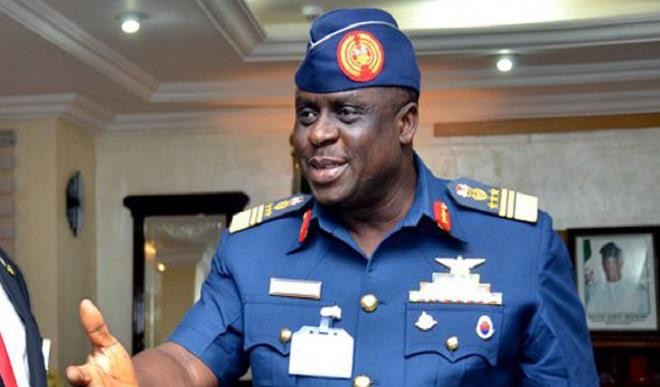
The trial of a former Chief of Air Staff, Air Vice Marshall Adesola Amosu, and 10 others charged with N22.8 billion fraud, was on Thursday in Lagos adjourned until November 7 and November 8, 2017.
A Federal High Court gave the ruling following the absence of the counsel to the EFCC, Mr Rotimi Oyedepo, although he was represented by Mr A. Emeka, The DEFENDER gathered.

Amosu was on June 29, 2016, arraigned by the Economic and Financial Crimes Commission (EFCC) alongside Air Vice Marshal Jacob Adigun, Air Commodore Gbadebo Olugbenga and eight companies.
The companies are Delfina Oil and Gas Ltd, Mcallan Oil And Gas Ltd, Hebron Housing and Properties Company Ltd, Trapezites BIC, Fonds and Pricey Ltd, Deegee Oil and Gas Ltd, Timsegg Investment Ltd and Solomon HealthCare.
The case which was earlier adjourned for continuation of trial on Thursday was shifted to November 7.
When the case came up for hearing, a counsel, Mr A. Emeka, announced appearance as standing in for the prosecutor, Mr Rotimi Oyedepo, who, he said, was at the Court of Appeal for another case.
He informed the court that he was not fully abreast of the case but that he sought to handle the case until Oyedepo was available to continue with the trial.
He, however, agreed to an adjournment.
NAN also reports that a prosecution witness (name withheld) and the defence counsel were in court.
The accused are standing trial on charges bordering on conspiracy, stealing and money laundering before Justice Mohammed Idris.
They all pleaded not guilty to the charges and were granted bails.
The accused were alleged to have indirectly converted N3.6 billion belonging to the Nigerian Air Force.
The EFCC also alleged that Amosu and the others stole over N323 million from the accounts of the Nigerian Air Force between March 21, 2014 and March 12, 2015.
The commission said the money was utilised for the purpose of purchasing for themselves a property situated at No.1, River St., Wuse II, Abuja.
The offences, according to the EFCC, contravene Sections 18(a) of the Money Laundering (Prohibition) (Amendment) Act, 2012.


